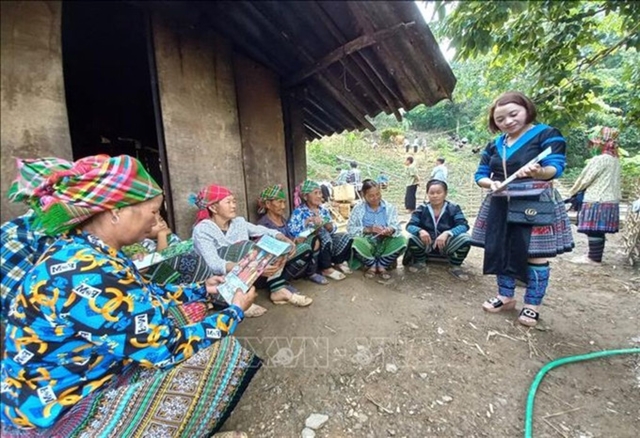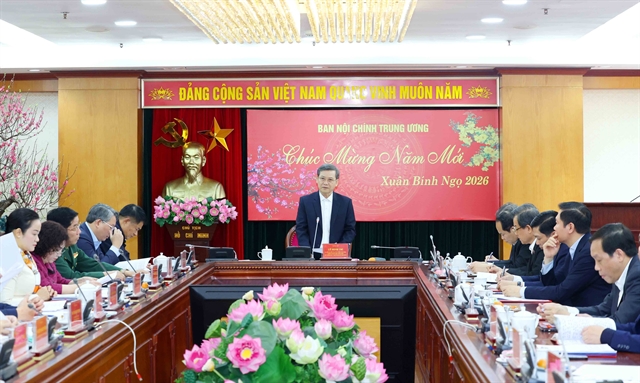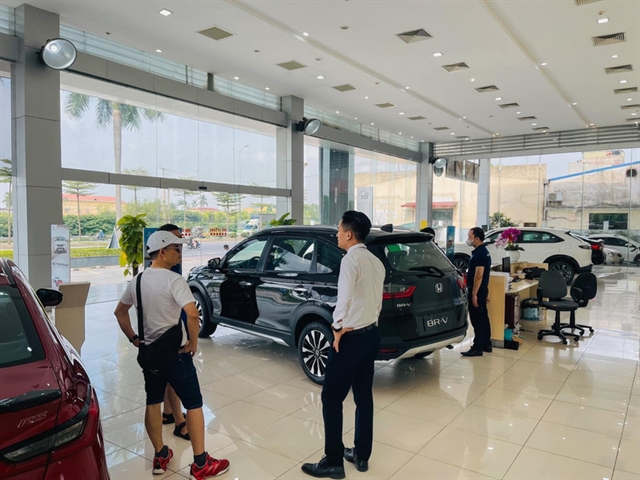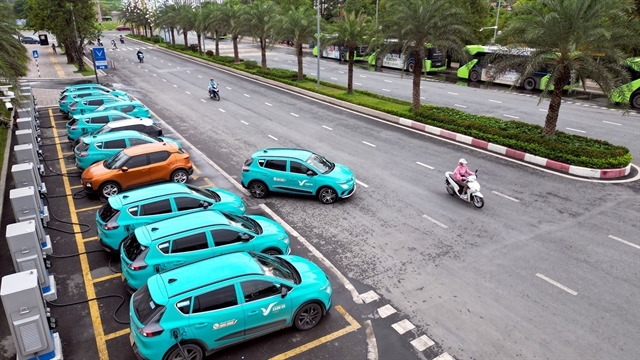 Talk Around Town
Talk Around Town

Developing high-tech agriculture is an important task and also the inevitable trend of Việt Nam’s socio-economic development strategies in the context of deeper international integration
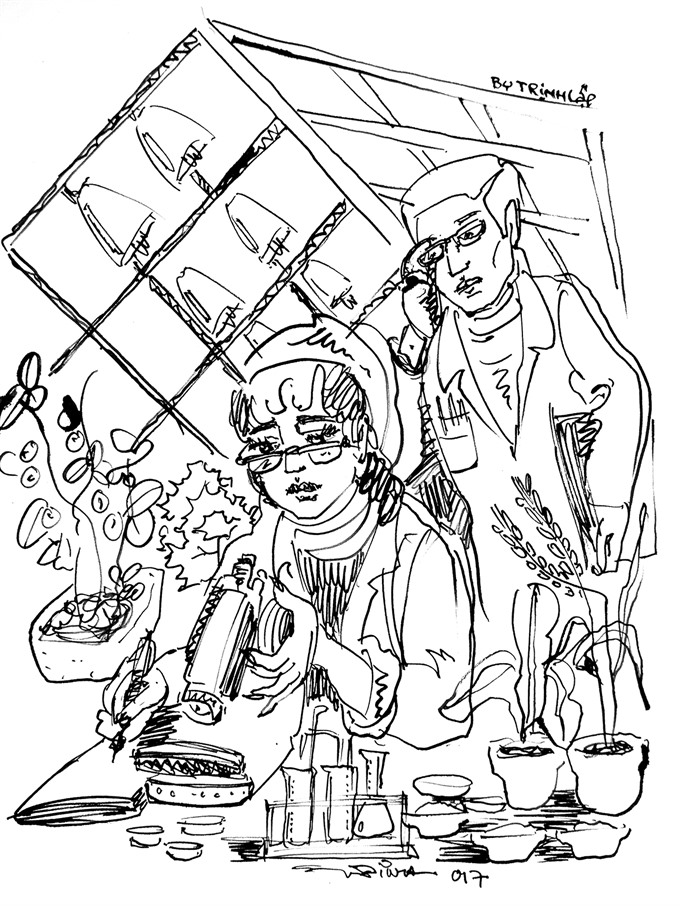 |
| Illustration by Trịnh Lập |
By Minh Thu
When Nguyễn Đức Dũng was young, his parents often threatened him: “You will have to work in the fields if you don’t study well.”
Similar threats of being a country bumpkin and so on were, and are, common admonishments delivered by adults, as though farming was an undesirable pursuit, instead of the most essential one for human survival.
In Dũng’s case, the threat has come true in a contrary manner. He has ended up as a farmer after getting his Masters degree abroad.
The 30-year-old man has decided to return to his roots in more ways than one – not just to his hometown in the central province of Quảng Nam, but to an old vocation that has underpinned the nation’s growth since ancient times.
“Việt Nam has an economy founded and developed on the base of agriculture over many centuries,” says Dũng. “People have an impression that working on fields is very hard. It’s also risky because farming depends much on the weather and climate.”
Even parents who are farmers want their children get a “better job”, Dũng says.
“I was given to understand that farming doesn’t require knowledge, it is for illiterate people….”
“Now, many things changed. These opinions are old-fashioned and wrong.”
Dũng says that like other work, farming requires a lot of knowledge and new techniques should be updated constantly. He finished studying in Tel Aviv, Israel, majoring in plant science.
“Now, Vietnamese farmers don’t just work in the fields. We also work in greenhouses with modern equipment for watering, controlling temperature and preventing insect damage, tasks done automatically,” he says.
Dũng was born to a family of farmers. He still remembers how hard his parents worked. It is why he decided to study agriculture further.
“Modern agriculture has been applied in many countries but Vietnamese farmers in many regions nationwide still toil, growing crops and breeding cattle. I want to be one of the pioneers to develop agriculture in a modern way.”
While Dũng chose hi-tech farming as a career at the very outset, many others entering the field are non-specialists.
Ngô Đức Tiệp from the northern province of Hà Nam graduated from the National University of Civil Engineering in 2010. He soon found a good job in Hà Nội. He felt lucky that he got a job that suits his college degree and his parents were proud that he was working in the capital city.
However, after three years of working as a construction engineer, he realised that his true passion was growing flowers. He returned to his native place to pursue it, experimenting on growing roses and daisies. He was not deterred by early failures and continued to learn more.
“I realised that working in the big city or the rural area doesn’t matter, nor does it matter if you are farmer or a businessman or teacher or anything else.
“Every work requires diligence and application of modern technology,” says Tiệp.
He says it is a fact that many graduates choose to leave their hometown to find jobs in big cities. However, if they knew how to exploit advantages available right where they are, they could be even more successful, Tiệp adds.
He has built a hi-tech farm to grow flowers, including some species imported from foreign countries that need different temperatures and water quality. He has kept experimenting, including using drones to spray herbal concoctions as insecticides.
For all this impressive work, however, a major hindrance is the lack of capital to invest in expensive equipment, and the lack of skilled workers who can operate them.
Despite such constraints, Nguyễn Đỗ Anh Tuấn, director of the Institute of Policy and Strategy for Agriculture and Rural Development, feels there is no other way than to modernise.
“Vietnamese farmers should upgrade their knowledge and actively join the 4.0 industrial revolution because it is the future of the national agriculture,” he said.
“We should not follow the model of other countries completely, but find what is suitable for us... what we can use from technologies around the world.”
This is a trend that we need to welcome and encourage as much as possible. More and more young people acquiring knowledge and technology to modernise our agriculture sector is a crucial need of the hour.
It is heartening to see many start-ups creating programmes, including mobile apps, to support modern farming, like Mimosatek, an irrigation app. These are seeds being sown for sustainable growth. VNS

